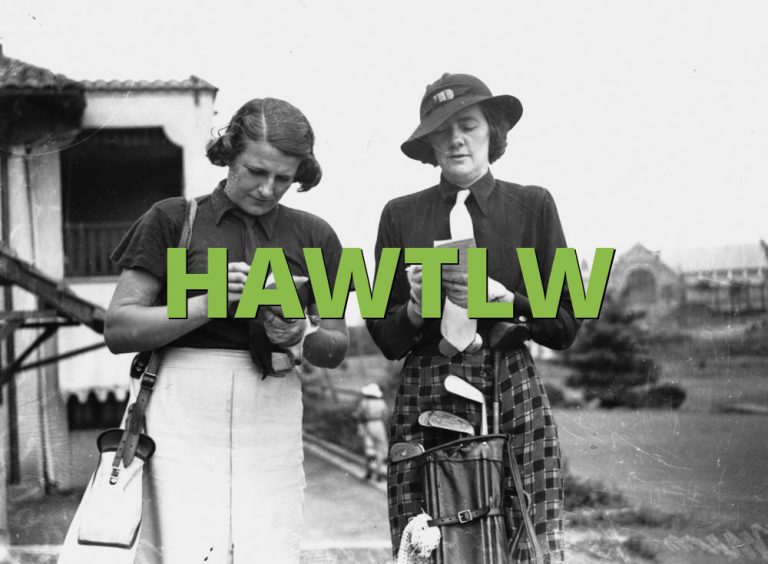What Does OTF Mean? Unlocking The True Definition And Its Impact
Have you ever come across the term "OTF" and wondered what it really means? In today's fast-paced digital world, abbreviations like OTF are everywhere, popping up in texts, social media, and even conversations. But what exactly does OTF stand for, and why should you care? Let’s dive in and break it down!
OTF meaning can vary depending on the context, but it’s most commonly used to describe something that’s happening "on the fly." This phrase is often associated with spontaneity, quick decision-making, and adaptability. Whether you're a tech enthusiast, a business professional, or just someone trying to stay up-to-date with modern slang, understanding OTF meaning is crucial.
In this article, we’ll explore the different interpretations of OTF, its significance across various industries, and how it can impact your daily life. So, buckle up and get ready to learn all about OTF meaning in a way that’s both informative and fun!
- Why Did Fleece Johnson Go To Jail The Untold Story You Need To Know
- Film Officer And A Gentleman A Classic Love Story That Stands The Test Of Time
Table of Contents
- What Is OTF?
- OTF in Popular Culture
- OTF in Technology
- Business Use of OTF
- OTF in Education
- Common Mistakes About OTF
- Variations of OTF
- How to Use OTF Effectively
- OTF Statistics and Data
- Conclusion and Next Steps
What Is OTF?
Let’s start with the basics. OTF is an abbreviation that stands for "On The Fly." In its simplest form, OTF refers to actions or decisions made quickly and without much prior planning. Think of it as making things happen in the moment, adapting to situations as they unfold. This concept is widely used in various fields, from tech to business, and even in everyday life.
For example, if someone says, "We’ll figure it out OTF," they mean they’ll handle the situation as it happens, without a rigid plan. It’s all about being flexible and resourceful. In some contexts, OTF can also refer to "Out The Fire," which is slang for something that’s extremely impressive or "lit." So, depending on the situation, OTF meaning can vary significantly.
Breaking Down OTF Meaning
To fully grasp OTF meaning, it’s important to understand its applications. In tech, OTF might refer to software updates that happen automatically without user intervention. In business, OTF could mean adapting strategies on the go to meet changing market demands. Whatever the context, OTF is all about agility and responsiveness.
- Melanie Joly And Justin Trudeau Relationship The Love Story That Defines Canadian Politics
- Georgie Cooper The Rising Star Of Modern Journalism
OTF in Popular Culture
OTF has made its way into pop culture, often used in music, movies, and social media. Artists and influencers use the term to describe their spontaneous and creative processes. For instance, a rapper might say they wrote a song "OTF," meaning they created it in the moment without much preparation.
Social media platforms like TikTok and Instagram have also embraced OTF, with users sharing content that’s raw, unfiltered, and created "on the fly." This trend reflects the growing preference for authenticity and realness in digital content.
Examples of OTF in Media
- Rappers like Drake and Kendrick Lamar often mention OTF in their lyrics to emphasize their improvisational skills.
- Reality TV shows frequently showcase contestants making decisions OTF, adding drama and excitement to the narrative.
- Influencers use OTF to describe their content creation process, highlighting the spontaneity and authenticity of their work.
OTF in Technology
In the tech world, OTF takes on a more technical meaning. It often refers to processes that happen automatically and in real-time. For example, "OTF updates" in software mean that updates are installed without requiring user input or downtime. This ensures a seamless user experience and minimizes disruptions.
OTF technology is also used in data processing, where information is analyzed and acted upon as it’s received. This is particularly useful in industries like finance, healthcare, and logistics, where timely decision-making is crucial.
Key Benefits of OTF in Tech
- Improved efficiency: OTF processes reduce delays and streamline operations.
- Enhanced user experience: Automatic updates and real-time processing make tech solutions more user-friendly.
- Increased reliability: OTF systems can adapt to changing conditions, ensuring consistent performance.
Business Use of OTF
In the business world, OTF is all about adaptability and quick thinking. Companies that embrace OTF strategies can respond faster to market changes, customer demands, and competitive pressures. This flexibility is especially important in today’s fast-paced business environment.
For example, a marketing team might create a campaign OTF to capitalize on a trending topic or a sudden shift in consumer behavior. Similarly, a product development team might pivot their strategy OTF based on customer feedback or emerging technologies.
How Businesses Can Leverage OTF
- Adopt agile methodologies to encourage OTF decision-making.
- Invest in real-time analytics tools to support OTF strategies.
- Foster a culture of innovation and flexibility to embrace OTF approaches.
OTF in Education
Education is another field where OTF plays a significant role. Teachers and educators often have to adjust their lesson plans OTF to accommodate different learning styles and unexpected challenges. This adaptability helps create a more engaging and effective learning environment.
Moreover, OTF learning tools and platforms allow students to access information and resources in real-time, enhancing their learning experience. From interactive apps to virtual classrooms, OTF technology is revolutionizing the way we approach education.
OTF Tools for Educators
- Interactive whiteboards that allow teachers to modify lessons OTF.
- Online platforms that provide real-time feedback and assessments.
- Mobile apps that enable students to learn OTF, anytime and anywhere.
Common Mistakes About OTF
While OTF is a powerful concept, it’s not without its challenges. One common mistake is assuming that OTF means rushing into decisions without proper consideration. On the contrary, OTF should be about making informed decisions quickly, not impulsively.
Another misconception is that OTF is only applicable in certain industries. In reality, OTF principles can be applied in almost any field, from healthcare to entertainment. The key is to understand the context and use OTF appropriately.
Avoiding OTF Pitfalls
- Balance speed with thoroughness to avoid hasty decisions.
- Ensure that OTF processes are supported by reliable data and tools.
- Communicate clearly with stakeholders to manage expectations.
Variations of OTF
Besides "On The Fly," OTF can have other meanings depending on the context. Some variations include:
- OTF Fonts: Refers to OpenType Fonts, a file format used in graphic design.
- OTF Outfits: Slang for outfits that are "off the chain" or extremely stylish.
- OTF Training: Refers to on-the-fly training, where employees learn as they work.
Understanding these variations can help you use OTF more effectively in different situations.
How to Use OTF Effectively
To make the most of OTF, it’s important to develop the right skills and mindset. Start by fostering a culture of adaptability and continuous learning. Encourage team members to embrace change and think on their feet. Invest in tools and technologies that support OTF processes, such as real-time analytics and collaboration platforms.
Additionally, practice making decisions OTF in low-stakes situations to build confidence and improve your skills. Over time, you’ll become more comfortable with OTF and better equipped to handle challenges as they arise.
Tips for Mastering OTF
- Stay informed about industry trends and emerging technologies.
- Practice problem-solving in dynamic environments.
- Seek feedback from peers and mentors to refine your OTF approach.
OTF Statistics and Data
Data shows that companies embracing OTF strategies outperform those that don’t. According to a study by McKinsey, organizations that prioritize agility and adaptability see a 30% increase in revenue growth. Similarly, a survey by Gartner found that 70% of businesses plan to increase their investment in real-time analytics and OTF technologies.
These statistics highlight the growing importance of OTF in today’s business landscape. As more companies adopt OTF practices, the demand for OTF skills and tools is expected to rise, making it a valuable asset for professionals across all industries.
Conclusion and Next Steps
OTF meaning goes beyond just a simple abbreviation. It represents a mindset of adaptability, creativity, and responsiveness that’s essential in today’s fast-paced world. Whether you’re in tech, business, education, or any other field, understanding and applying OTF principles can help you stay ahead of the curve.
So, what’s next? Start by exploring how OTF can be applied in your own life or career. Experiment with OTF strategies and tools to see what works best for you. And don’t forget to share your experiences and insights with others. The more we embrace OTF, the better equipped we’ll be to tackle the challenges of tomorrow.
Got any questions or thoughts about OTF? Drop a comment below and let’s keep the conversation going. Who knows, you might just inspire someone else to think OTF too!
- Yoo Young The Rising Star In The Spotlight
- Side Porch On House The Ultimate Guide To Enhancing Your Homes Charm

otf Meaning Slangy Text

OTF » What does OTF mean? »

OTF » What does OTF mean? »